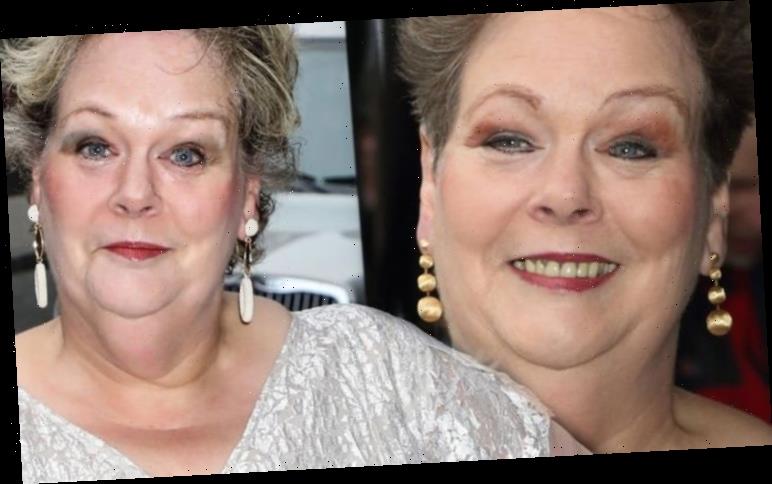The National Autistic Society outline common autism traits
When you subscribe we will use the information you provide to send you these newsletters.Sometimes they’ll include recommendations for other related newsletters or services we offer.Our Privacy Notice explains more about how we use your data, and your rights.You can unsubscribe at any time.
‘The Governess’, as she is formidably known as in the popular television show The Chase, has never been reclusive to her health battles. Being proud of how far she has come despite her autism, Anne discusses what her condition is and symptoms to spot.
Anne has revealed that she suffers with autism but despite this condition she has never allowed it to halter her TV career success.
Anne said: “Intelligence is being able to figure stuff out and being able to get my head around a new situation.
“It might well be argued that is something I have trouble with.
“I think I’m a better quizzer because I’m autistic. I think autism makes it easier for me to remember stuff.”
Anne was not diagnosed with Asperger’s, a form of autism which can affect a person’s social interaction, communication, interests and behaviour, until the age of 45 when she recognised her symptoms on a TV programme.
The star bravely revealed her condition when she was in the Australian jungle in 2019’s, I’m A Celebrity…Get Me Out of Here!, revealing how she is still amazed by the support she has received from the public.
Not only support but the celebrity has shown how a health condition can never define you and has been a voice to anyone else who suffers with the same condition that anything is possible.
DON’T MISS
Covid vaccine: Side effects ‘more intense’ after second shot [INSIGHT]
AstraZeneca vaccine side effects: ‘Arm coldness’ and other effects [TIPS]
Arthritis: Sore throat and other non -joint symptoms [ADVICE]
Those with Asperger’s often find it hard to “read” other people.
This means it’s harder for people with Asperger’s to recognise or understand others’ feelings and intentions.
Additionally, they may struggle with expressing their own emotions.
Those on the spectrum can also have restricted and repetitive patterns of behaviours, activities or interests.
Those with Asperger’s often find it hard to “read” other people.
This means it’s harder for people with Asperger’s to recognise or understand others’ feelings and intentions.
Additionally, they may struggle with expressing their own emotions.
Those on the spectrum can also have restricted and repetitive patterns of behaviours, activities or interests.
The National Autistic Society explained the term “Asperger syndrome” was introduced by British psychiatrist Lorna Wing in the 1980s.
However, many people who “fit the profile” for Asperger syndrome are now diagnosed with “Autistic Spectrum Disorder” instead.
People are able to choose whether they refer to themselves as autistic, or on the autistic spectrum, said the National Autistic Society.
The autistic spectrum “isn’t an illness or disease”, thus it can’t be “cured”; instead, people may feel Asperger syndrome is “a fundamental aspect of their identity”.
Source: Read Full Article


